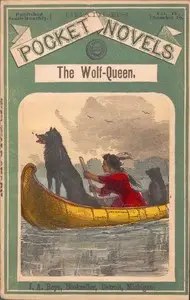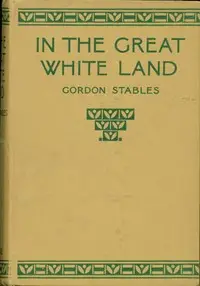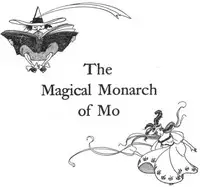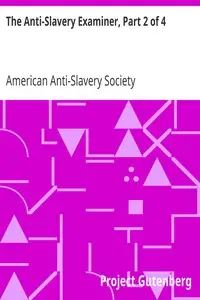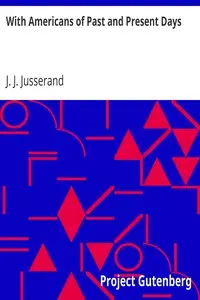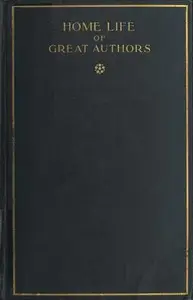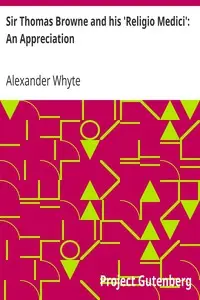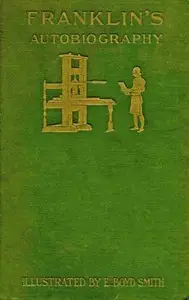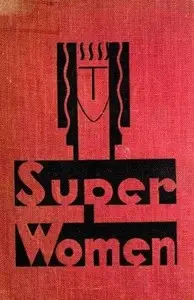"The Underground Railroad" by William Still is a historical account written in the late 19th century. The work serves as a poignant documentation of the lives and struggles of escaped slaves, elaborating on their harrowing journeys to freedom. Produced through narratives, letters, and testimonies from those who either escaped or assisted in the Underground Railroad, it aims to preserve the stories and sacrifices associated with the fight against slavery. At the start of this significant narrative, the author introduces his personal connection to the historical events, recounting the experiences of his parents who endured slavery and their courageous attempts at escape. He highlights the resilience and determination exhibited by fugitives, including Peter Still, who sought freedom for himself and his family. The passage reflects on his mother’s hardship, the traumatic separation from her children, and the relentless hope that kept her striving for freedom. In doing so, it establishes the profound emotional stakes involved in the pursuit of liberty for those trapped in bondage, serving as a precursor to the compelling accounts that are about to unfold throughout the book. (This is an automatically generated summary.)

The Underground Railroad A Record of Facts, Authentic Narratives, Letters, &c., Narrating the Hardships, Hair-Breadth Escapes and Death Struggles of the Slaves in Their Efforts for Freedom, As Related by Themselves and Others, or Witnessed by the Author.
By William Still
"The Underground Railroad" by William Still is a historical account written in the late 19th century. The work serves as a poignant documentation of t...
William Still was an African-American abolitionist based in Philadelphia, Pennsylvania. He was a conductor of the Underground Railroad and was responsible for aiding and assisting at least 649 slaves to freedom towards North. Still was also a businessman, writer, historian and civil rights activist. Before the American Civil War, Still was chairman of the Vigilance Committee of the Pennsylvania Anti-Slavery Society, named the Vigilant Association of Philadelphia. He directly aided fugitive slaves and also kept records of the people served in order to help families reunite.


